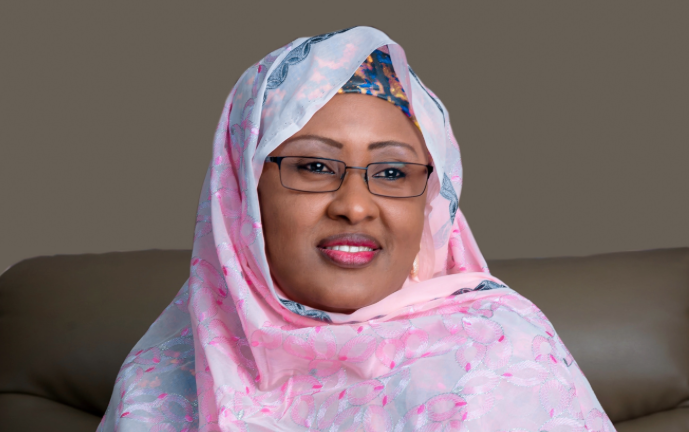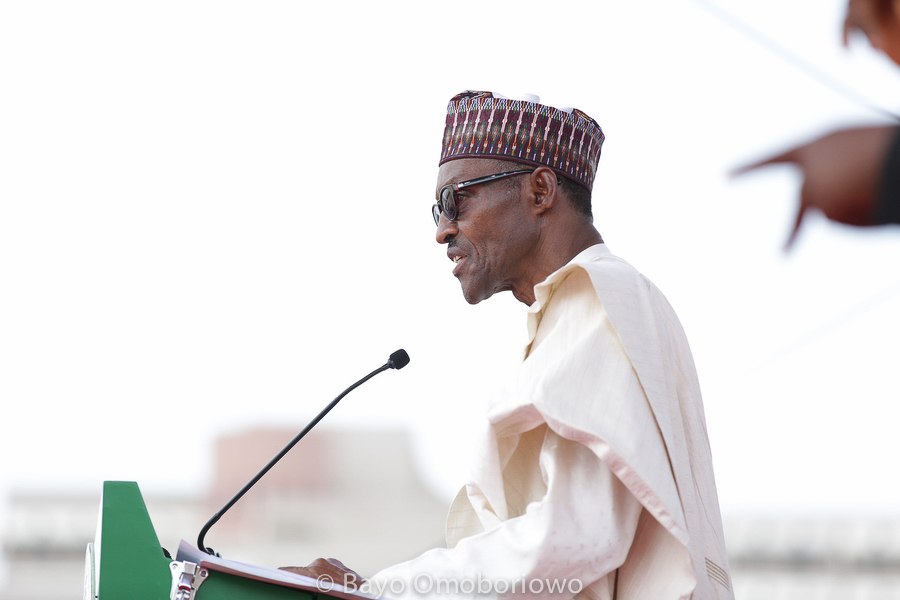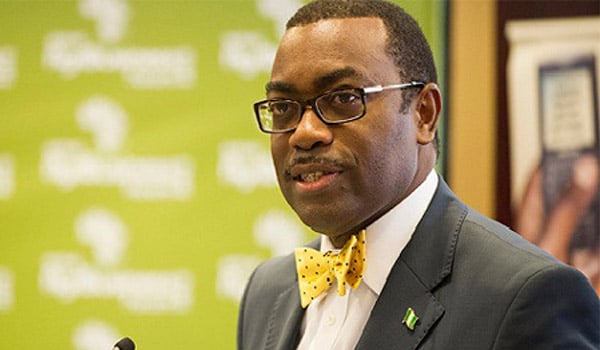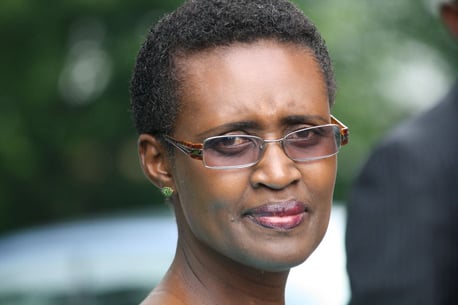5. Child No. 23

Buhari is not short of elder brothers and sisters. He was born Child No. 23 to the family of Adamu Buhari in Daura, Katsina state, on December 17, 1942. His mother’s name was Zulaihat — the name he gave to his first daughter. He is a monogamist, like all previous Nigerian leaders (apart from Obasanjo and Shagari). Buhari divorced his first wife in 1988 and remarried in 1989.
6. Addict of BBC Hausa service

Buhari listens to BBC Hausa service religiously. He told TheCable in an interview last year: “I am an avid listener of the Voice of America and the BBC, Hausa service. This is because over the years I have discovered that they have been very, very helpful in educating the mostly illiterate Hausa-speaking populace. From Agadez or even from Tripoli down almost to South Africa, and from Senegal to Central Africa Republic, there is large body of Hausa-speaking communities, not necessarily Nigerian or Hausa, but those who speak the language because of trading over the centuries. I found out VOA and BBC commentaries on politics and economics very good. They help to educate people. And they allow people to discuss, express different opinions and they interpret it, and I find that very helpful.”
7. Pro-Austerity

For those who may be wondering about his economic direction, Buhari does not run away from adopting austerity policies in the face of economic crunch. In his first budget in 1984, he announced a range of belt-tightening measures to combat the crisis. These measures included: a temporary ban on recruitment, raising of interest rates, suspension of capital projects, and embargo on borrowing by states, among others.
8. Riding Horses

In the absence of real horses, he enjoyed playing with straw horses as a kid. Sani Abubakar Dan Kurma, one of his elementary school classmates, recently told Daily Trust: “We played with sand together and rode straw horses… There was this time when we were children and we went to the outskirts of town to play our version of polo with straw horses and sticks, hitting a ball made from Goruba. It was our favourite game then. As we played, I hit him with the dum-palm seed which served as a ball and he fell down. I consoled him fervently, assuring him it was a mistake, so much so that he also began to console me. That’s his character: he was the wronged party, yet he was telling me sorry.”
Advertisement






